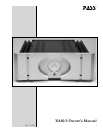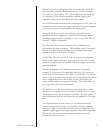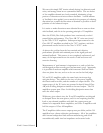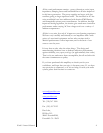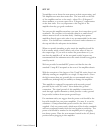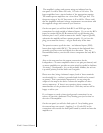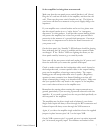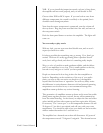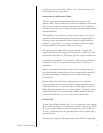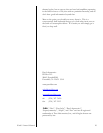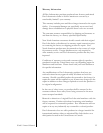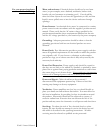
3
XA60.5 Owner’s Manual
We start with simple FET circuits already having low distortion and
noise, and arrange them in two symmetrical halves. The two halves
of the amplifier channel are closely matched, eliminating a large
portion of distortion and noise without feedback. A small amount
of feedback is also applied, not so much for the purpose of reducing
distortion but to make the distortion as identical as possible on both
polarities of the balanced output.
It is easier to make distortions more identical than to remove them
with feedback, and this is the operating principle of X amplifiers.
Since the X1000, Pass Labs products have continuously evolved
toward higher performance. The Class AB “X” series was joined
by the Class A “XA” amplifiers. Subsequent improvements to the
Class AB “X” amplifiers resulted in the “X.5” products, and their
phenomenal success has led to the Class A “XA.5” series.
As always the goal has been the best musical and objective
performance possible with minimal parts in the signal path and
minimal feedback. This process is not completely understood, and
many of the improvements are the result of trial and error and
extensive listening.
Measurement of performance is important to us, and we feel that
well-designed product sounds good and measures good. Apparently
it is possible to make an amplifier which measures well but which
does not please the ears, and so we let our ears be the final judge.
X.5 and XA.5 amplifiers utilize the same basic circuit topology
and gain devices. They differ in the sizes of the power supplies,
the chassis and heat sinks, and the number of output devices. The
output stages of the X.5 series are operated in heavily biased Class
AB, with an idling dissipation similar to the rated output. The XA
amplifiers operate pure Class A with idling dissipation more than
twice the rated output.
Within any given chassis size, the X and XA amplifiers are designed
to dissipate about the same power, and it is not surprising that this
leads to two channel amplifiers with half the output power per
channel of comparable mono amplifiers, and Class A amplifiers with
half the output of Class AB amplifiers.
The X amplifiers deliver more output power per dollar, and the XA
amplifiers have a better subjective performance. All of the amplifiers
drive known loudspeaker loads without misbehaving, and all are
unconditionally stable into low impedance and reactive loads.



